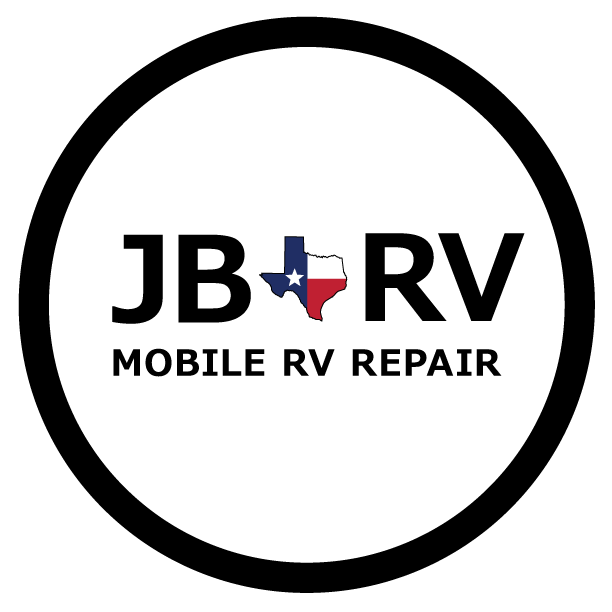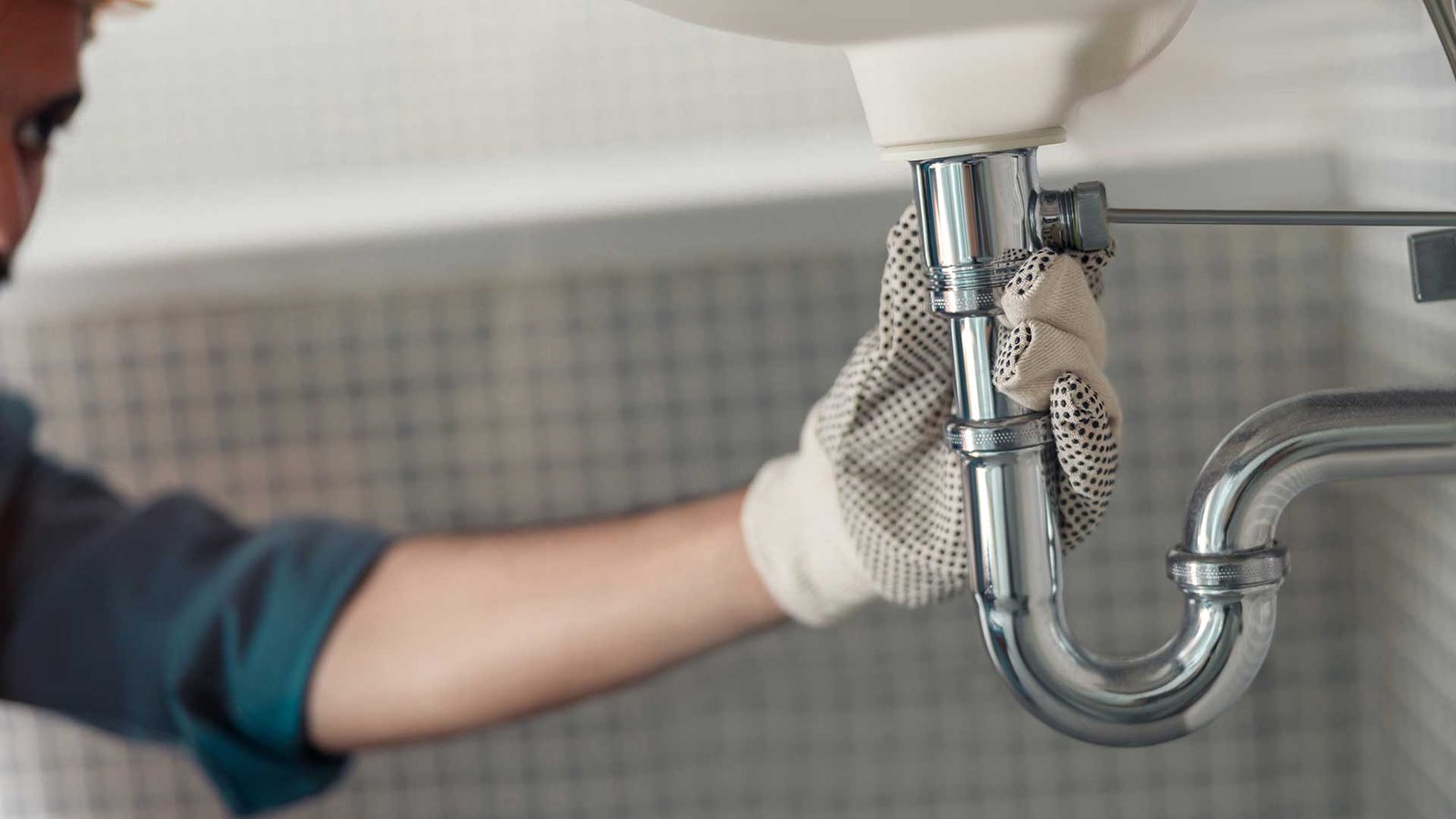An RV provides a fantastic way to explore the open road while enjoying many comforts of home, including plumbing. However, like any home system, RV plumbing can develop issues over time due to road vibrations, weather changes, and regular use. Knowing the most common RV plumbing problems and how to address them can help you avoid inconvenience on your travels and save on costly repairs. In this comprehensive guide, we’ll cover the most frequent RV plumbing issues, including leaks, clogs, freeze issues, and water pressure problems, along with tips for addressing each.
1. Leaks in the Plumbing System
Leaks are one of the most common and potentially damaging issues in an RV plumbing system. They can occur in various places, such as connections between pipes, at the faucets, or around the water pump. Even a small leak can lead to significant water damage if not addressed promptly, so it’s essential to check for leaks regularly.
Common Causes
- Loose or broken connections due to road vibrations.
- Worn-out or cracked pipes.
- Issues with the water pump.
Solutions
- Inspect Connections: Check all visible connections, especially around the faucets, toilet, and water heater. Tighten any loose fittings or replace them if necessary.
- Replace Damaged Parts: If the pipe or fitting is cracked or worn out, it will need replacement. Make sure to use parts that are compatible with RV plumbing systems.
- Sealants and Tape: In some cases, a plumbing sealant or Teflon tape can be used to temporarily patch a minor leak. However, this is usually a temporary solution, and damaged parts should be replaced as soon as possible.
2. Clogged Drains and Toilets
Clogs in an RV can be particularly challenging because RV plumbing systems are more sensitive than residential systems. Using too much toilet paper, disposing of non-flushable items, or allowing food scraps down the sink can quickly cause clogs in the pipes or holding tanks.
Common Causes
- Excessive toilet paper usage or non-biodegradable items in the toilet.
- Food scraps or grease buildup in the kitchen sink.
- Hair accumulation in shower drains.
Solutions
- Use RV-Safe Toilet Paper: RV-safe toilet paper breaks down more quickly than standard toilet paper, reducing the likelihood of clogs.
- Regular Tank Flushing: Flush the black and grey water tanks regularly to prevent solid buildup. You can use an RV tank cleaner to help break down waste and prevent clogs.
- Avoid Dumping Grease or Food Scraps: Dispose of grease and food waste in a trash bin rather than down the sink. You can also install a sink strainer to catch larger particles.
- Plungers and Drain Cleaners: For minor clogs, a small plunger may help. Avoid using harsh chemical drain cleaners, as they can damage RV pipes. Instead, opt for biodegradable RV drain cleaners.
3. Freezing and Burst Pipes
Freezing is a common issue in colder climates. When temperatures drop, the water in your pipes can freeze, causing the pipes to expand and, potentially, burst. This can lead to extensive water damage and costly repairs. Winterizing your RV before cold weather hits is essential to prevent freeze-related issues.
Common Causes
- Exposing pipes and tanks to freezing temperatures without proper insulation.
- Lack of antifreeze in the plumbing system during winter storage.
Solutions
- Winterize Your RV: Before the winter season, drain all water from your plumbing system and add RV antifreeze to protect the pipes. Winterizing also includes draining the water heater and adding antifreeze to the water pump.
- Use Pipe Insulation: If you plan to travel in colder climates, wrap any exposed pipes in pipe insulation to reduce the risk of freezing.
- Heated Water Hoses: For RVers who are camping in freezing conditions, a heated water hose can help prevent the fresh water supply from freezing.
- Leave Cabinet Doors Open: If you’re traveling in cold weather, leave the cabinet doors open around plumbing fixtures to allow warm air to circulate and prevent freezing.
4. Water Pressure Issues
Inconsistent or low water pressure can be a frustrating issue for RV owners. Low water pressure can make it difficult to shower, wash dishes, and complete other daily tasks. Understanding the cause of water pressure problems can help you determine the right solution.
Common Causes
- Low pressure from the campground water source.
- A clogged or malfunctioning water pump.
- Sediment buildup in the water lines or filters.
Solutions
- Use a Water Pressure Regulator: A water pressure regulator can help balance the pressure coming from the campground source, protecting your RV’s plumbing and providing consistent pressure.
- Check the Water Pump: Inspect your RV’s water pump to ensure it’s functioning properly. Clean the filter on the water pump regularly, as sediment buildup can restrict water flow.
- Clean or Replace Filters: Some RVs have additional filters on the water lines. Regularly clean or replace these filters to prevent sediment buildup, which can impact water pressure.
- Flush the Lines: Periodically flushing the water lines can help remove any sediment or debris that may be reducing water flow.
5. Water Heater Issues
An essential part of any RV plumbing system, the water heater provides hot water for showers, washing dishes, and cleaning. However, it can sometimes experience issues that impact its efficiency or lead to complete failure.
Common Causes
- Sediment buildup in the water heater tank.
- Malfunctioning heating elements or thermocouples.
- Faulty pilot light or igniter in propane-powered units.
Solutions
- Drain and Clean the Water Heater: Regularly drain and flush the water heater to remove sediment buildup, which can reduce its efficiency. This will help prolong the life of the heater and improve performance.
- Inspect Heating Elements and Thermocouples: If your water heater is not heating properly, the heating element or thermocouple might be the issue. These parts may need replacement, which can be done by a professional if you’re unfamiliar with the repair.
- Check the Pilot Light or Igniter: For propane water heaters, ensure the pilot light or igniter is functioning. If it’s not, inspect the propane line and regulator for any issues.
Need RV plumbing help?
RV plumbing issues can be frustrating, especially when you’re on the road or preparing for a new adventure. Regular maintenance and understanding these common problems can help you avoid many issues.
However, if you’re facing a plumbing problem that’s beyond your DIY skills and you’re in the North Texas area, JBRV Mobile RV Repair is here to help. Our team of experienced technicians specializes in RV plumbing repair and can handle everything from leaks and clogs to complex freeze-related damage. Contact us today to schedule a repair and keep your RV’s plumbing system in top shape for the road ahead!

